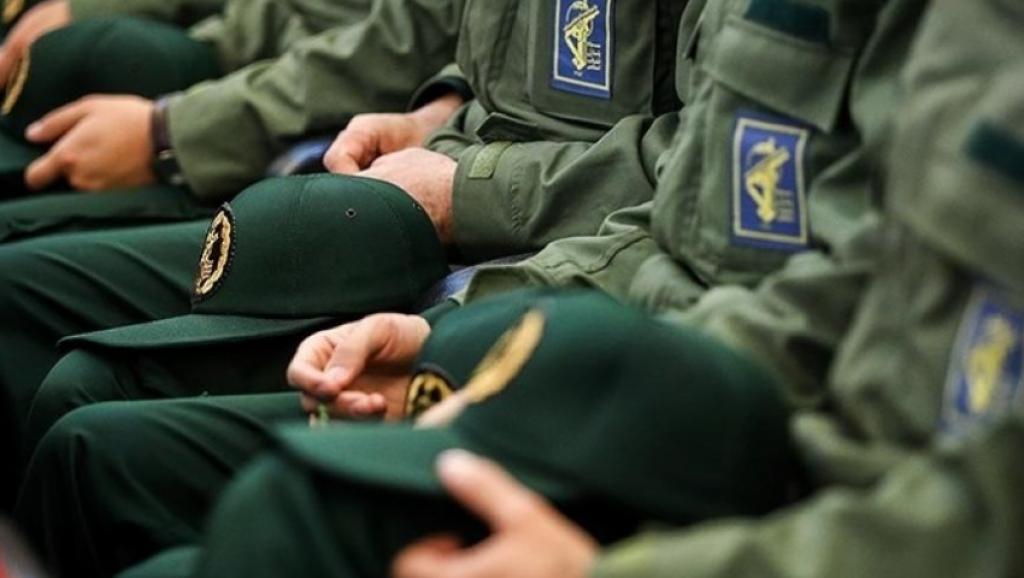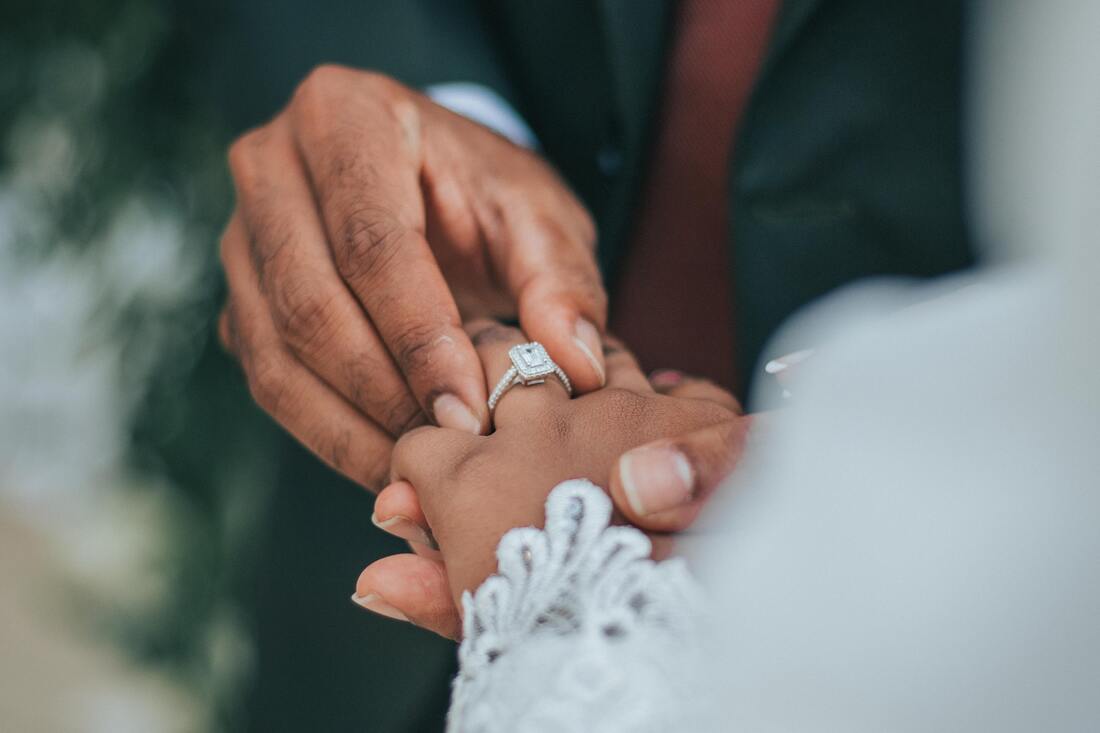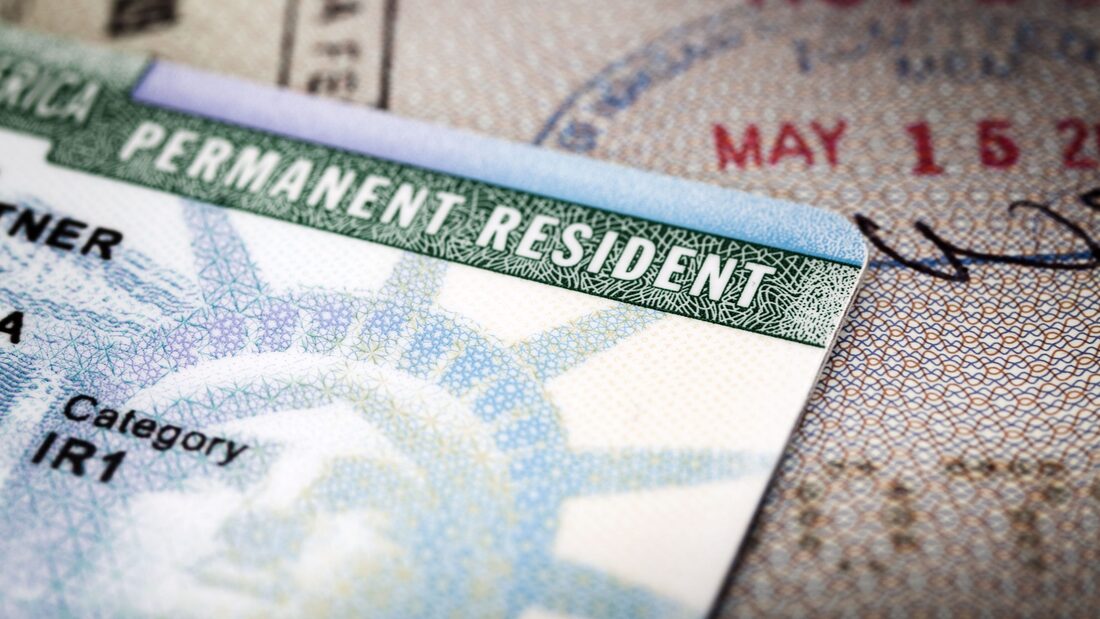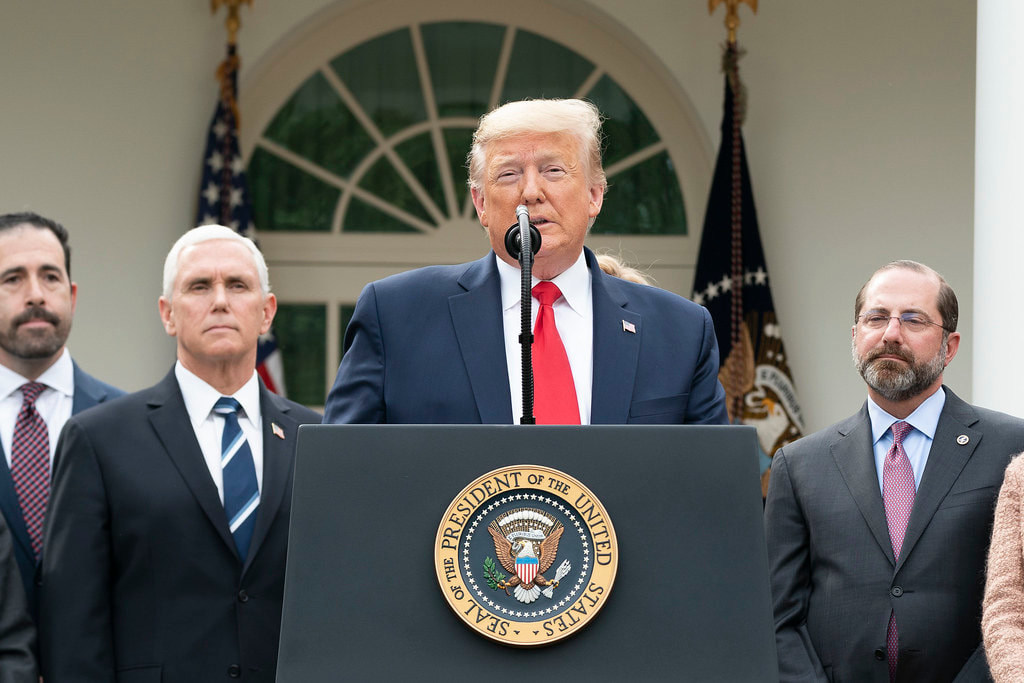|
Are you looking to get a green card through marriage in 2024? This comprehensive guide covers everything you need to know about the marriage green card process, requirements, and tips from experienced immigration attorneys.
1 Comment
The Islamic Revolutionary Guard Corps (IRGC), also known as Sepah, was designated as a terrorist organization by President Trump in April 2019. This designation carries serious immigration repercussions for Iranian males who did their mandatory military service with IRGC or Sepah. There are some distinctions and options depending on whether you are applying for a U.S. immigrant visa or nonimmigrant visa and whether you are applying from outside the United States at an embassy abroad or whether you are applying for an immigrant benefit from within the United States, such as adjustment of status or citizenship (N-400/Naturalization). This article discusses obstacles and strategies arising from a case involving an IRGC mandatory service.
For Iranian citizens seeking a marriage-based green card in the United States, proving the legitimacy of the marriage is a crucial step in the application process. United States Citizenship and Immigration Services (USCIS) requires substantial evidence that the marriage is genuine, or "bona fide," and not entered into solely for immigration purposes. In this comprehensive guide, we will provide detailed information on how Iranian green card applicants can gather and present essential evidence to establish a bona fide marriage.
Navigating the United States immigration process can be challenging, particularly for Iranian couples seeking a marriage-based green card. With unique cultural and geopolitical factors at play, it is crucial to understand the requirements, steps, and common concerns associated with obtaining a green card through marriage. In this comprehensive guide, we will address the top 10 frequently asked questions about marriage-based green cards for Iranian couples and provide valuable insights to help you confidently navigate the process.
The consular processing interview is a crucial step in the U.S. immigration process for Iranian applicants seeking a green card or nonimmigrant visa. Proper preparation can significantly increase your chances of success and reduce the stress associated with the process. In this article, we provide helpful tips and guidance for Iranian applicants to ensure they are well-prepared for their consular processing interview.
The United States offers numerous opportunities to immigrants seeking to build a life in the country. For Iranian couples, marriage to a U.S. citizen or lawful permanent resident is one of the most common paths to obtaining permanent residency (a green card). However, the process can be complex, particularly for conditional green cards. This comprehensive guide will provide an overview of conditional green cards for Iranian couples, exploring the requirements, application process, and the steps to remove the conditions and obtain a permanent green card.
The I-130 Petition for Alien Relative is a critical step for Iranian citizens looking to bring their family members to the United States. This comprehensive guide will give you everything you need to know about the I-130 petition, including eligibility requirements, necessary documentation, and filing processes. By understanding the intricacies of the I-130 petition, Iranian applicants can better navigate the complexities of U.S. immigration law and increase their chances of a successful outcome.
Navigating the complex world of immigration law can be daunting for anyone, but it can be especially challenging for Iranian applicants seeking a green card. One critical aspect of the green card process is understanding the role of a sponsor. This article will delve into the importance of sponsorship, the responsibilities and qualifications of a sponsor, and how Iranian applicants can find the right sponsor to support their green card application.
For Iranian couples seeking to obtain a green card in the United States, the process can be both exciting and challenging. One of the most critical aspects of the journey is gathering and submitting the necessary documentation. It is essential to pay close attention to the required documents, as any missing or incorrect information may lead to delays or even denials of your application. This comprehensive guide will outline the crucial documentation for Iranian couples pursuing a green card through marriage.
The K-1 Fiancé Visa is a popular and well-known route for Iranian couples looking to unite in the United States. Obtaining a K-1 visa can be a complex and time-consuming process, but with the right preparation and guidance, it's possible to navigate it successfully. This article will provide you with the top tips for a successful K-1 Fiancé Visa application for Iranians, covering essential aspects of the process, common pitfalls, and best practices to follow.
The marriage-based green card is a popular route for Iranian nationals seeking to immigrate to the United States. This process, however, is not without its challenges, and many applicants make mistakes that can delay or even jeopardize their applications. In this article, we will discuss the 10 most common mistakes Iranians make when applying for a marriage-based green card and provide guidance on how to avoid them to ensure a smooth and successful application process.
The K-1 fiancé visa is a unique nonimmigrant visa that allows a foreign national to enter the United States with the intention of marrying their U.S. citizen fiancé. This visa is an excellent option for Iranian couples who wish to unite and start a life together in the United States. In this comprehensive guide, we will discuss the essential steps in the K-1 visa application process, eligibility requirements, supporting documentation, and important tips for a successful application.
For Iranian couples seeking to obtain a green card through marriage, the process can be complicated and challenging. While marriage-based green card applications are generally straightforward, Iranian couples may face unique obstacles due to political tensions and cultural differences between Iran and the United States. In this article, we will explore five common issues that Iranian couples may encounter when applying for a green card and how to overcome them.
As one of the best immigration law firm for Persian/Farsi-speaking clients, ImmigraTrust Law understands Iranians' unique challenges when navigating the U.S. visa process. One common goal for many of our clients is to bring their fiancé to the United States. The fiancé visa, also known as the K-1 visa, allows a U.S. citizen to sponsor their fiancé to come to the United States to get married.
In this article, we discuss the typical questions regarding fiancé visas and all you need to know when exploring a fiancé visa also known as a K-1 visa. You can feel confident and secure in applying for a fiancé visa after reading this article written by our best fiancé/K-1 visa immigration lawyers. In this guide, we cover these questions:
Are you a U.S. citizen or legal permanent resident (green card holder) who has a girlfriend, boyfriend, fiancé, husband or wife that is abroad? If you recently got engaged, planning on getting engaged, or getting married, congratulations! You have a lot of exciting things to plan. “What is the quickest way to get my fiancé to the United States?” is probably a top question on your list. As well as questions such as “Should we get married? Is the visa for marriage better compared to fiancé visa?”
(**UPDATE: November 13, 2020) Mr. Joseph R. Biden has been elected as the President of the United States. He has promised to stop the Muslim ban/travel ban when he officially becomes the President in January 2021. Mr. Joe Biden has promised to cancel the ban on the first day he is in office. This is great news for so many families that have been separated because of this unjust immigration policy. However, it is still important to be vigilant and realistic that these changes may take time. First, Mr. Biden might not cancel the policy right away. Second, there might be lawsuits challenging the policy change causing the travel ban to continue and be in effect for several more months, if not longer. Third, it might take time for the Department of State and embassies to revise their practice and implement any new policies adopted by the Biden administration. Therefore, if you are from Iran and/or your family member is affected by the travel ban/Muslim ban, it is important to know your rights and options in these challenging times. You can read our article below regarding travel ban waiver options, administrative processing, and strategies for following up regarding your case if it has been severely delayed. As always, please do not hesitate to reach out. We are happy to help any way we can.
Immigration Restrictions on International Students During COVID-19: Everything You Need to Know7/7/2020 On July 6, 2020, the Student and Exchange Visitor Program (SEVP) announced that it will no longer provide exemptions to international students to take online classes during the fall 2020 semester due to the Coronavirus (COVID) pandemic. Here is all you need to know about the new rule and how it might affect you.
(Update December 31, 2020: President Trump extended these restrictions to March 31, 2021.)
Yesterday, June 22nd, President Trump issued a new Presidential Proclamation suspending the entry of immigrants and some nonimmigrants (there are some exceptions, explained more below). Here is what you need to know about how this travel restriction and suspension may apply to you and your family and what you can do. (Update December 31, 2020: President Trump extended these restrictions to March 31, 2021.)
Yesterday, April 22, 2020, President Trump issued a new Presidential Proclamation stopping green card applications from abroad during the coronavirus (COVID-19) pandemic and economic downturn. Here is what you need to know about how this travel restriction and suspension may apply to you and your family and what you can do. Wedding Dress: Check. Wedding Reception: Check. Honeymoon: Check. Now, what?
Congratulations on your marriage! This is an exciting time of merging two lives into one. If you are a foreign national and your spouse is a United States citizen, you may be eligible to apply for legal permanent residency (also known as a Green Card). A U.S. citizen's spouse is considered an "immediate relative," which is a special class or category according to the United States Citizenship and Immigration Services (USCIS). |
PostsLatest posts and news from our top immigration lawyers Archives
June 2024
Categories
All
|
- Home
- 🗽TELL US ABOUT YOUR CASE
- About Us
- فارسی
- Book Online
- Reviews
-
Services
-
Visas
>
- Fiance (K-1)
- Extraordinary Ability (O)
- NAFTA Professionals (TN)
- Treaty Traders (E-1 Visa)
- Treaty Investors (E-2)
- Professional (H-1B)
- Visitors (B)
- Student (F-1)
- Intercompany Transfers (L-1)
- Religious Workers (R)
- International Organizations (G)
- Australian Professionals (E-3)
- Exchange Visitors (J)
- Cultural Exchange (Q)
- Diplomats (A)
- Trainees or Special Education Exchange Visitor (H-3)
- Journalists (I)
- Green Cards >
- Investors >
- Citizenship
- Employers >
- Mandamus Lawsuits for USCIS Delays ⚖️
-
Visas
>
- Blog
Trust in Us with Your Immigration Success! |
|
|
Immigration lawyer Najmeh Mahmoudjafari, Esq. (ImmigraTrust Law) represents immigration law clients nationwide (all 50 States), globally and also in and around Orange County, including: Costa Mesa | Corona del Mar | Cypress | Fountain Valley | Garden Grove | Huntington Beach | Irvine | Los Alamitos | Los Angeles | Mission Viejo | Newport Beach | Orange | San Diego | San Francisco | Santa Ana | Stanton | Tustin | Westminster
Disclaimer
The information provided on ImmigraTrust's website is for general informational purposes only and does not constitute legal advice. Every legal situation is unique; for specific advice tailored to your circumstances, please consult with a qualified attorney. Contacting ImmigraTrust Law through this website does not establish an attorney-client relationship. Please do not send any confidential information until such a relationship has been established in writing. |
©2024 by ImmigraTrust Law.























